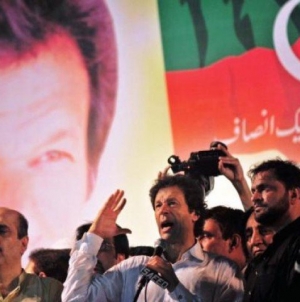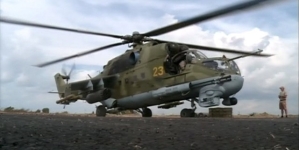-
Tips for becoming a good boxer - November 6, 2020
-
7 expert tips for making your hens night a memorable one - November 6, 2020
-
5 reasons to host your Christmas party on a cruise boat - November 6, 2020
-
What to do when you’re charged with a crime - November 6, 2020
-
Should you get one or multiple dogs? Here’s all you need to know - November 3, 2020
-
A Guide: How to Build Your Very Own Magic Mirror - February 14, 2019
-
Our Top Inspirational Baseball Stars - November 24, 2018
-
Five Tech Tools That Will Help You Turn Your Blog into a Business - November 24, 2018
-
How to Indulge on Vacation without Expanding Your Waist - November 9, 2018
-
5 Strategies for Businesses to Appeal to Today’s Increasingly Mobile-Crazed Customers - November 9, 2018
Germany, Iran pledge to revive economic ties after long freeze
He made the announcement on Monday at a meeting with a delegation of German state officials and executives of industries and businesses headed by Economy Minister Sigmar Gabriel on their visit to Tehran.
Advertisement
The comments came after Iran said its ballistic missile program was not connected to the UN Security Council resolution adopted that endorses its July 14 nuclear accord with world powers. Last year, German exports to Iran rose to 2.4 billion euros in anticipation that the sanctions might be eased, but German industry associations have said they could quadruple to 10 billion within a few years.
The Iranian president further underscored the need for expansion of ties between Tehran and Berlin in various fields of research, academics, tourism, economy, culture and politics, maintaining that closer ties between the two sides can bring together countries in the Middle East and Europe.
German economic circles hope to create new incentives for economic cooperation with Iran during Gabriel’s visit to Tehran. However, the agreement between Iran and six world powers including Germany has opened the prospect that the sanctions will be removed.
Elsewhere in his remarks, Gabriel referred to the numerous representatives of German trade giants accompanying him in the trip to Iran, saying, “Germany’s trade community is willing to return to Iran and have cooperation with Iranian partners”.
“You can’t have a good economic relationship with Germany in the long-term if we don’t discuss such issues too and try to move them along”, Gabriel told a gathering of German and Iranian business people in Tehran. But during a 20-minute speech he also highlighted other differences with Iran, including human rights, women’s standing in society, competition law and efforts to combat corruption. On Saturday, Iran’s Supreme Leader Ayatollah Ali Khamenei described Israeli in a speech as a “terrorist, baby-killer government”.
Such spectacles are cited by Iran’s opponents as reasons for not doing business in Tehran, but worldwide trade is expected to boom if the nuclear deal is successfully implemented. Iran has the world’s fourth largest oil reserves and the second in gas, meaning it has the biggest combined energy deposits.
Advertisement
Iran once produced more oil than Saudi Arabia and was able to extract more than 6 million barrels per day in the 1970s, but its output has fallen below 4 million bpd over the past decade due to the sanctions and under-investment.




























